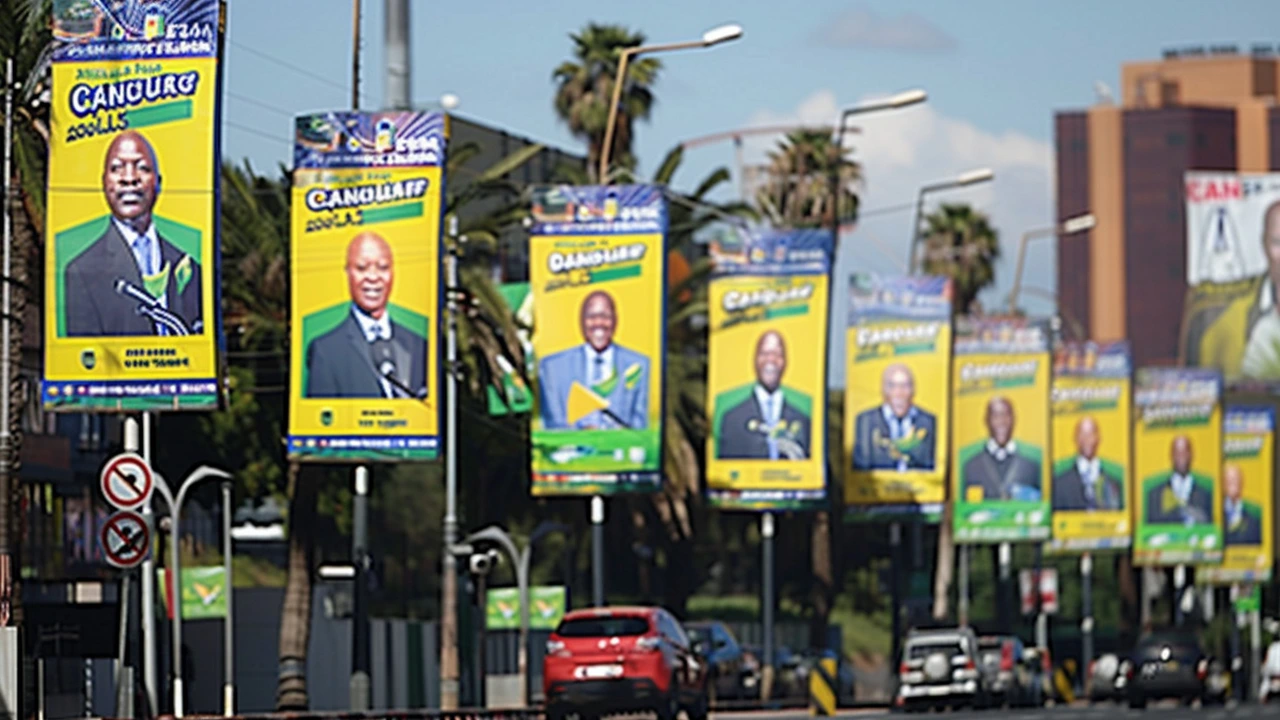What Is Proportional Representation and Why Should You Care?
Proportional representation (PR) is a voting system used in many countries to decide how political seats are distributed based on the percentage of votes each party receives. Unlike winner-takes-all systems, PR aims to reflect voters' preferences more accurately. This means that if a party wins 30% of the votes, it should get about 30% of the seats. This setup often leads to fairer outcomes and can encourage more diverse political voices.
In practical terms, PR prevents a single party from dominating if they don't have broad support. Voters benefit because their vote is less likely to be wasted. Also, smaller parties get a chance to influence government policies by gaining seats proportional to their support.
How Does Proportional Representation Work in Elections?
Proportional representation systems come in a few varieties, but the general idea is similar: seats in the legislature are assigned according to the share of votes each party receives. Some countries use party lists, where voters choose a party and the party decides which candidates get the seats they win. Others use mixed systems that combine proportional representation with direct local elections.
One common method is the closed party list, where you vote for a party, and that party determines candidate ranking on the list. Another approach is the open list, which lets voters influence which candidates from a party get the seats. These systems help voters feel more connected to the outcome since the results closely match the voting percentages.
Why Does Proportional Representation Matter to You?
If you live in or follow democracies using PR, you’ll notice governments that better reflect the range of public opinions. It encourages cooperation and coalition building, since parties often need to work together to form a majority. This can lead to more moderate, well-rounded policies.
On the flip side, some argue PR can make government formation slower and less stable because of more parties sharing power. But for many, the benefit of representation outweighs these challenges. It's worth paying attention to how your country or region elects officials because it affects which voices get heard and how decisions are made.
So, whether you're a voter wondering how your vote counts or simply curious about different election systems, understanding proportional representation helps you see the bigger picture of democracy in action.
South Africa 2024: The Transition to Coalition Governance Amidst Shifting Political Landscape
As South Africa prepares for its seventh democratic election, the political dominance of the ANC is expected to wane, signaling a shift towards coalition government. This transition reflects evolving voting patterns and the proportional representation system, emphasizing the need for unity, economic growth, and professional civil service.

